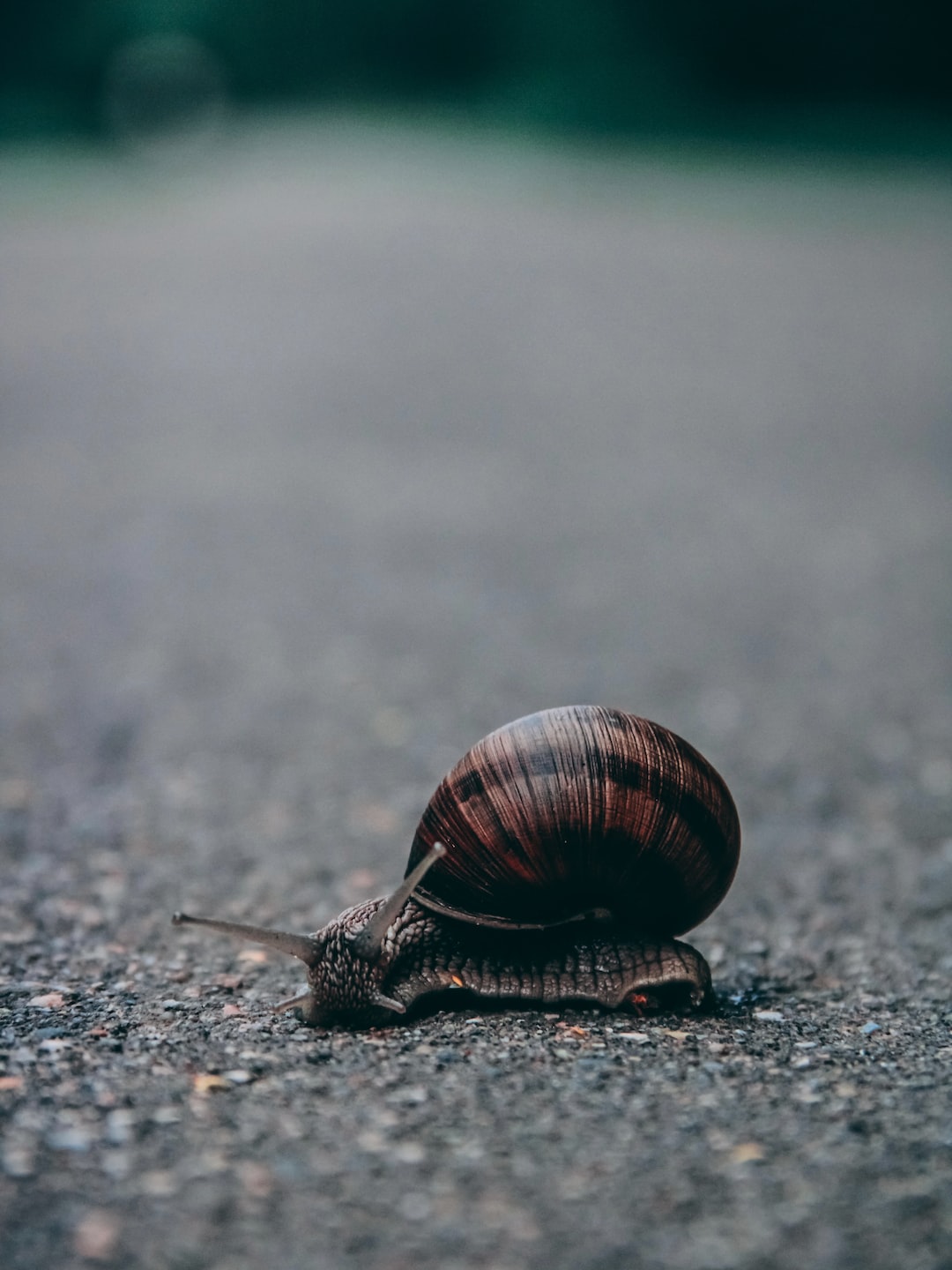The Impact of Pollution on Marine Wildlife: How We Can Make a Difference
The world’s oceans are teeming with a diverse array of marine wildlife. From majestic whales to colorful coral reefs, these ecosystems provide a vital habitat for countless species. However, human activities have caused widespread pollution that threatens the health and survival of marine wildlife. In this blog post, we will explore the impact of pollution on marine wildlife and discuss how we can make a difference in protecting these precious ecosystems.
Pollution comes in many forms, but one of the most significant threats to marine wildlife is plastic pollution. Every year, millions of tons of plastic waste end up in the oceans, causing devastating consequences for marine life. Sea birds, turtles, and marine mammals often mistake plastic debris for food, leading to severe injuries or even death. Additionally, small marine organisms can become entangled in plastic waste, impairing their ability to survive and reproduce.
Another major source of pollution is chemical contamination. Industrial activities, agricultural runoff, and improper waste disposal can introduce harmful chemicals into marine ecosystems. These pollutants can have devastating effects on marine wildlife, leading to reproductive disorders, weakened immune systems, and even death. For example, pesticides used in agriculture can runoff into nearby water bodies, causing harmful algal blooms that deplete oxygen levels and lead to fish kills.
Perhaps the most crucial step we can take to address the issue of pollution in our oceans is to reduce our reliance on single-use plastics. By using reusable bags, water bottles, and food containers, we can significantly decrease the amount of plastic waste that ends up in our oceans. Additionally, supporting policies and initiatives that promote recycling and plastic waste management is essential in tackling this issue. Together, we can help reduce the demand for new plastic products and encourage the development of more sustainable alternatives.
Proper waste disposal is another critical aspect of preventing pollution in our oceans. Ensuring that waste is disposed of correctly, both on land and at sea, can greatly reduce the amount of trash that finds its way into marine ecosystems. Participating in beach cleanups and supporting organizations that focus on ocean conservation can also make a positive impact.
Furthermore, it is crucial to raise awareness about the impact of pollution on marine wildlife. Education plays a crucial role in motivating individuals to take action and make more sustainable choices. By sharing information about the consequences of pollution, we can inspire others to adopt environmentally friendly practices. This can be done through social media campaigns, informative workshops, and educational programs in schools and communities.
Lastly, supporting and promoting sustainable fishing practices is vital for protecting marine wildlife. Overfishing and destructive fishing methods such as bottom trawling can have devastating impacts on marine ecosystems. By choosing sustainable seafood options and advocating for responsible fishing practices, we can help reduce the pressure on fish populations and preserve the delicate balance of marine ecosystems.
In conclusion, pollution poses a significant threat to marine wildlife, but each one of us has the power to make a difference. By reducing our use of single-use plastics, properly disposing of waste, raising awareness, and supporting sustainable fishing practices, we can help safeguard the health and survival of the oceans and the incredible species that call them home. Let us strive to be stewards of the oceans and protectors of marine wildlife, for their well-being is inextricably linked to our own.

